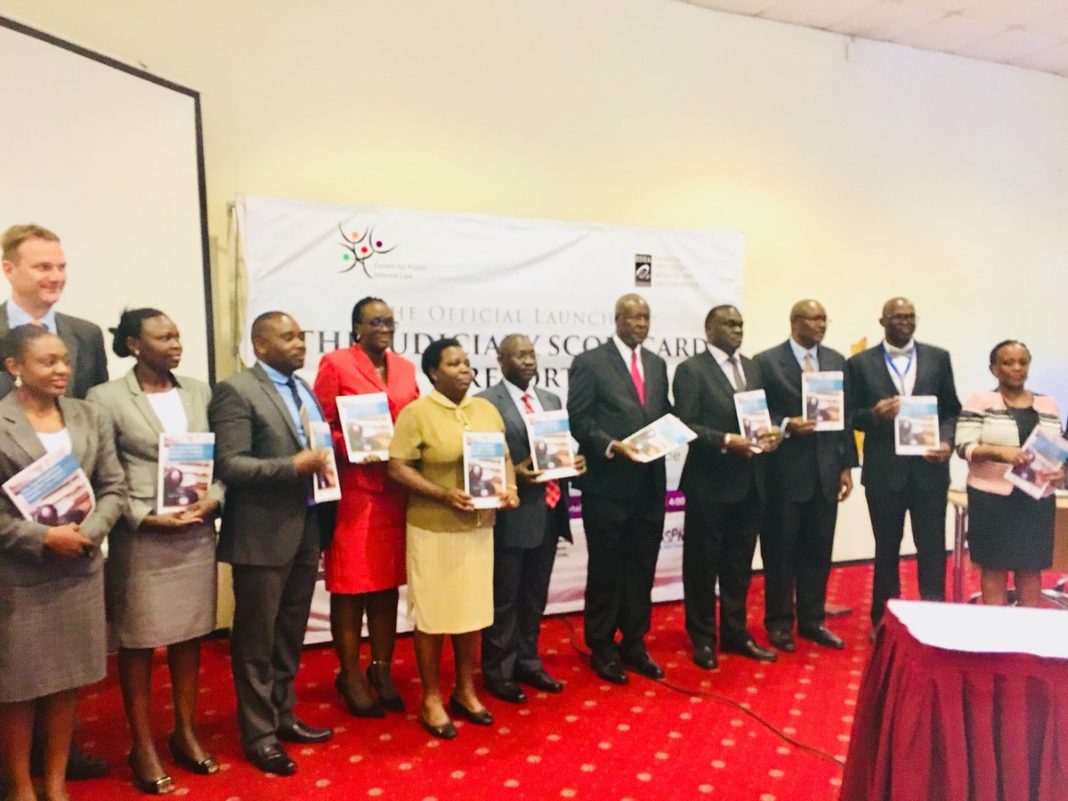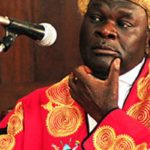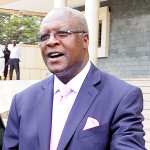The Chief Justice, His Lordship, Bart Katureebe has said judges in Uganda need special training to help them do their work better.
“We need that training at induction, being a good scholar or lawyer does not necessarily mean that you will make a good judge,” he said
He added that government has built capacity of judicial officials. “We have strengthened the training of judicial officers. I don’t need to over emphasise the need of training,” he said.
He made the remarks Wednesday during the launch of Judiciary Scorecard at the Kampala Serena Hotel.
He continued that: “Once you’re confirmed as a judge, you need to transition naturally. We take part of the blame and now we welcome training of judges.”
“You might be a good lawyer but the moment you are transformed into a judge, you need to learn how to be a good judge which at times actually fails to work,” he said.
He said the judiciary has strengthened fighting against corruption. “Some people however speculate that they have lost a number of cases because judges were bribed. Sometimes, you criticise the judges for nothing,” he said, adding that they have set up hotlines to help the public report any judges involved in corruption activities.
Even with the limited resources, he said, “the judiciary must do work and this includes reporting in time to court as well. We have a lot of mindsets to change in order to move forward.”
According to the scorecard, the best performing court according to the legal professionals was the High Court circuit sitting in Arua which attained the highest score of 97.3 per cent in the overall assessment.
The courts were assessed on six parameters which included: Fairness in the administration of justice impartiality, professionalism, certainty, behaviour and attitude.
The Criminal Court, Supreme Court and Commercial Court Divisions received 93.2 per cent ,89.2 per cent & 86.9 per cent scores respectively mainly due to a strong perception about their impartiality, certainty, professionalism. The Land Division and Court of Appeal with 79.2 per cent and 72.2 per cent in overall assessment scores respectively were reportedly having challenges in all the six parameters.
Livingstone Ssewanyana observes that central region had a higher number of litigants (61 per cent) whose cases were mainly criminal and civil in nature. In the northern territory nearly a third of the interviews made with litigants were done with prisoner
The scorecard is meant to measure the performance of judicial officers from the perception formed by various stakeholders.
It contains performance measurements and parameters that are linked to vision, mission, values and mandate of the judiciary as given by the constitution.
Centre for Public Interest Law used and used the tools of structured interviews, key informant interviews, focus group discussions, observations and desk research to






